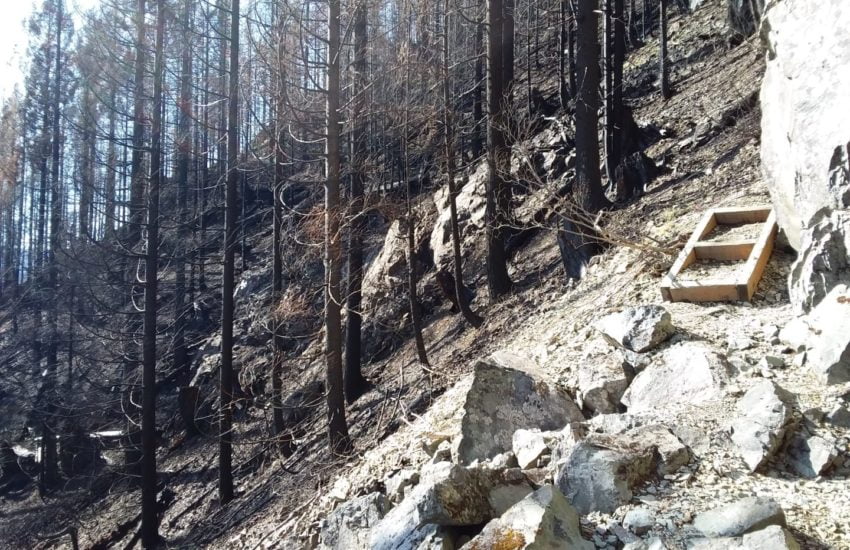
GAINESVILLE, Fla., May 26, 2020 – As 2020 Atlantic hurricane season approaches and forecasters predict an active one, workers are finishing repairs from Hurricane Michael.
The 2020 Atlantic hurricane season is an ongoing event in the annual cycle of tropical cyclone formation. The season officially starts on June 1 and ends on November 30, dates that conventionally delimit the period of each year when most tropical cyclones form in the Atlantic basin.
An above-normal 2020 Atlantic hurricane season is expected, according to forecasters with NOAA’s Climate Prediction Center, a division of the National Weather Service. The outlook predicts a 60% chance of an above-normal season, a 30% chance of a near-normal season and only a 10% chance of a below-normal season.
USDA’s Natural Resources Conservation Service, (NRCS) provided $20 million in Bay, Gulf, Gadsden and Walton counties to remove debris in canals, ditches and streams to prevent flooding and to stabilize stream banks and prevent erosion threatening homes, roads and utilities.
If your area suffers damage from a natural disaster, the Emergency Watershed Protection Program (EWP) can help relieve imminent hazards to life and property caused by floods, fires, windstorms and hurricanes. Aid may include financial and technical assistance to remove debris from streams, protect destabilized stream banks and establish cover on critically eroding lands, repair conservation practices and purchase flood plain easements.
The public and private landowners are eligible for assistance, but must be represented by a project sponsor, such as a city, county, conservation district or a Native American tribe or organization. NRCS provides technical assistance and pays up to 75 percent of the construction. Local sources contribute the remaining portion in the form of cash or in-kind services.
The process begins when the sponsor requests assistance from a local NRCS office. Staff visit the site and determine eligibility based on environmental impacts and economic analysis, then request funding from the NRCS national office. If Congress appropriates funds, the sponsor enters into a cooperative agreement to complete the work.

